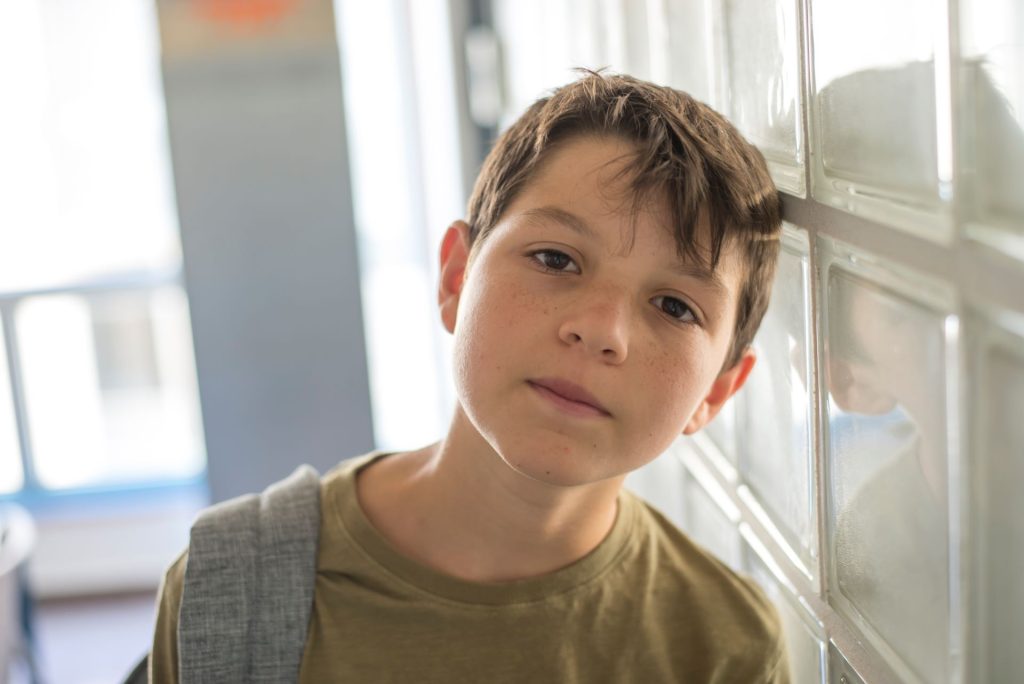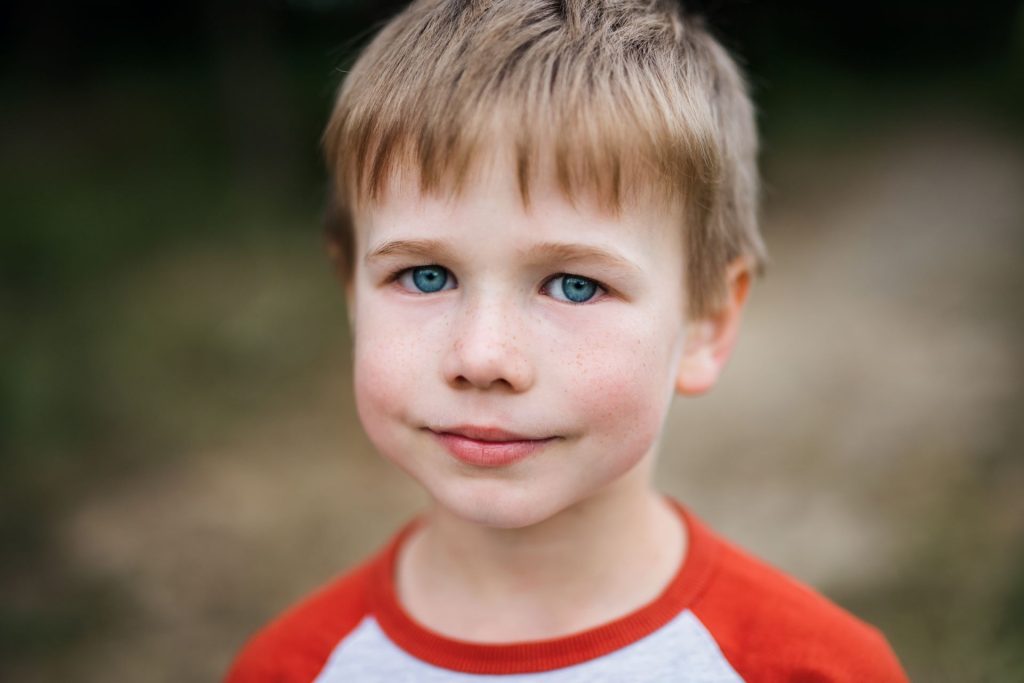
Supporting Children with
Auditory Processing Difficulties
Is your child experiencing difficulties with attention, recall, or following multi-part instructions? Have you noticed concerns regarding their listening skills? Are they struggling academically or finding school and/or homework overwhelming?
These are some common signs that may indicate auditory processing difficulties in children.
Auditory processing difficulties can significantly impact a child’s life, affecting their ability to concentrate, learn and thrive in various environments.
We are here to help
We’re here to help you navigate these challenges and support your child’s development.
The Cluas Programme is specially designed to provide personalised support to children with auditory processing difficulties.

Meet Ryan
Ryan overcame communication hurdles and academic challenges through Cluas’ programme. With increased comprehension, a newfound passion for reading, improved focus, and an enhanced ability to follow instructions, Ryan has made remarkable strides in his overall academic performance, empowering him to unleash his full potential.
Introduction
Ryan overcame communication hurdles and academic challenges through Cluas’ programme. With increased comprehension, a newfound passion for reading, improved focus, and an enhanced ability to follow instructions, Ryan has made remarkable strides in his overall academic performance, empowering him to unleash his full potential.
Frequent ear infections
During Ryan’s early years, frequent ear infections hindered his language development, affecting his ability to process sound. Despite undergoing speech therapy, Ryan continued to struggle with distinguishing sounds like ‘t’ and ‘k,’ ‘p’ and ‘t,’ and ‘t’ and ‘s’. He also encountered challenges with sounds like ‘th,’ ‘f,’ and ‘sh.’ Furthermore, he often reversed letters, impacting his reading and writing, such as reading ‘was’ as ‘saw’ and writing ‘p’ instead of ‘b’.
Communication challenges
Communication difficulties were a significant hurdle for Ryan. He found it hard to follow instructions, often grasping only the first or last part and feeling overwhelmed. This affected his participation in conversations with friends, as he struggled to comprehend the topics, leading to isolation and limited close friendships.
Academic hurdles
Ryan also faced obstacles in reading, writing, and spelling. Pronouncing wordsaccurately was challenging due to difficulties in perceiving sounds. Although he had acquired basic reading skills, comprehension lagged behind his peers, posing a barrier to his academic progress and self-confidence.
A tailored approach
To address these challenges, Ryan participated in our personalised programme. This innovative programme aimed to retrain his sound analysis and interpretation abilities, specifically targeting his auditory processing difficulties. We incorporated classical music to enhance listening skills and overall comprehension.
Remarkable results
Since beginning the auditory processing programme, Ryan’s mother has noticed remarkable changes in his behaviour. Reading, once a burdensome task, has become a source of genuine interest and enjoyment for him at home. He now spontaneously picks up books and immerses himself in reading, discovering a newfound passion. His concentration has significantly improved, and he appears more engaged in various activities. Ryan’s ability to follow teacher instructions has also seen substantial progress, consistently completing homework accurately. While occasional word and letter reversals still occur, they have become less frequent, indicating advancement in his overall reading and writing skills.
-

Robert, age 10 – Auditory Processing Difficulties and Autism Spectrum Disorders
“… Since the Cluas program, my son has changed in his ability to communicate, listen and interact with his peers and adults. This has greatly reduced his stress levels and melt downs… He even goes on play-dates now!“
Frequently Asked Questions
Specific programmes for your child
At the core of the Cluas programme is a unique system of sound stimulation. Our programme uses music to retrain and improve your child’s auditory processing skills. We use specialised sound equipment, to retrain the way the children gather and process information
What is the Cluas Programme?
What is the Cluas Programme …
Is each programme individualised?
What is the Cluas Programme …
The difference between hearing and listening?
What is the Cluas Programme …
Where is the Programme delivered?
What is the Cluas Programme …
The Cluas Programme for Children
How can Cluas help?
If your child is facing auditory processing difficulties, you don’t have to navigate the journey alone. We’re here to help.
Together, we can unlock your child’s full potential, build essential skills, and create a brighter future.
Take the first step & contact us today
